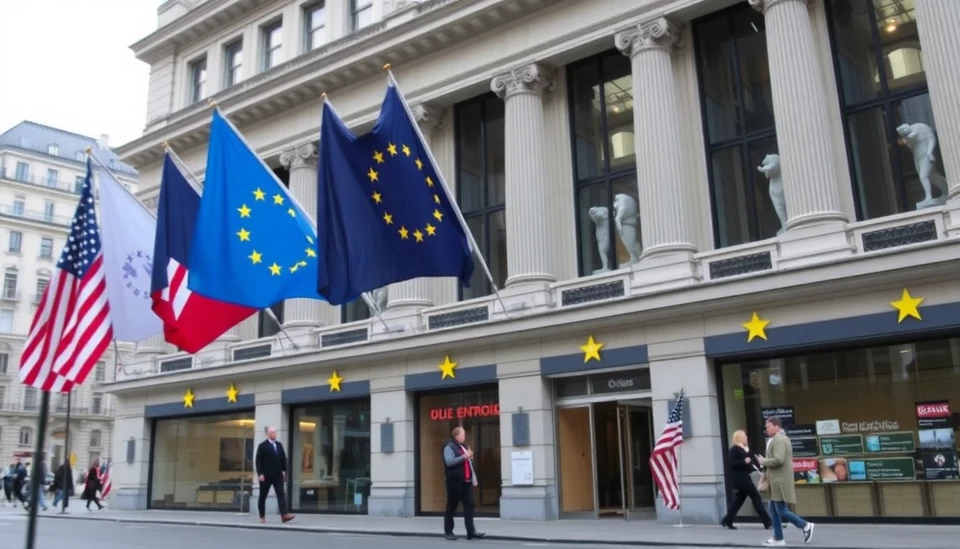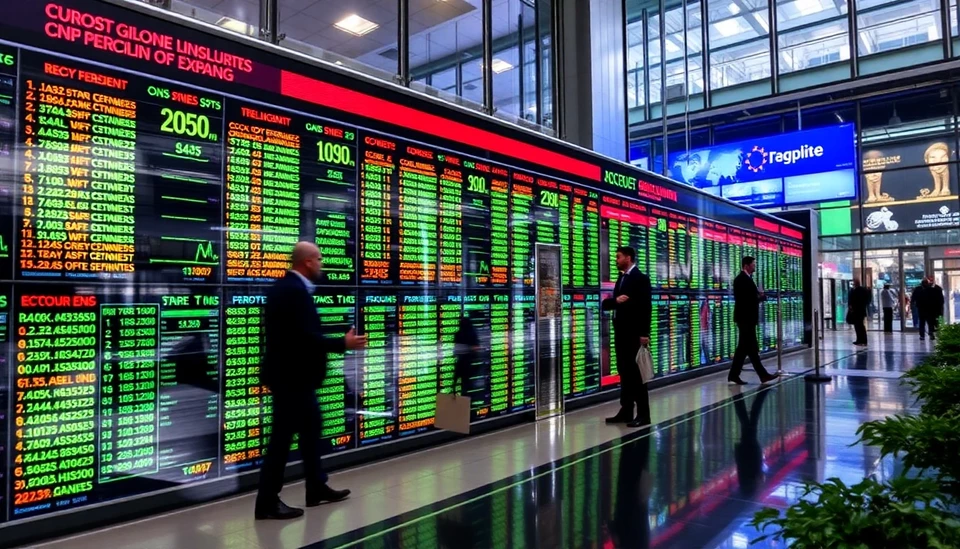
European stock markets experienced a downward trend for the fourth day in a row as traders and investors shifted their focus towards the forthcoming decision from the Federal Reserve. The consistent losses across various sectors have raised concerns about the broader economic implications and the direction of monetary policy in the upcoming weeks.
Investors are bracing for the impact of the U.S. central bank's decisions as they prepare for the possibility of interest rate changes. The anticipation surrounding the Federal Reserve's meeting is causing heightened volatility in European markets, contributing to a cautious approach among European investors. This collective anxiety reflects a growing sentiment that the Fed's strategies may have notable repercussions well beyond American soil.
The decline in stocks is particularly evident in significant indices, which have reacted negatively to the shifting outlook of the Fed's monetary policy stance. Analysts are now speculating on whether the Fed will maintain its current rates, increase them, or even cut them in light of ongoing economic assessments. The recent economic data, including inflation reports and employment figures, have intensified the scrutiny of the Fed's position and its potential adjustments to rates.
Sector-wise, industries such as technology and consumer goods have been among the hardest hit, with major players facing significant stock price declines. The ripple effect of investor apprehension has prompted other sectors to become increasingly cautious, further exacerbating the overall market downturn.
In response to these developments, market analysts have begun issuing revisions to their forecasts, indicating that the uncertainty surrounding the Fed could have longer-lasting impacts. As Europe’s markets remain intertwined with those of the United States, any movements made by the Federal Reserve will resonate across the Atlantic. Consequently, European companies are closely monitoring the Fed's next moves, wary of how changes in American monetary policy might influence their operations and profitability.
The European Central Bank (ECB) is also seen as taking a wait-and-see approach, but with the Fed's looming decision, the question of whether Europe will follow a similar path remains a topic of debate among economists. Some analysts believe the uncertainty could lead to more subdued growth prospects for the Eurozone, particularly if the Fed opts for a more hawkish stance.
As the countdown to the Federal Reserve's meeting continues, market participants are left navigating a landscape fraught with ambiguity and complexity. The overall sentiment across European markets is one of caution, with traders opting for a more conservative investment strategy as they await clearer signals from both the Fed and the ECB.
In summary, the downturn in European stocks amid speculation over the Federal Reserve's decisions highlights the growing interconnectedness of global economies and the pivotal role that U.S. monetary policy plays abroad. Traders and investors will need to stay alert as they brace for potential volatility in the days leading up to the announcement.
#EuropeanStocks #FederalReserve #MarketTrends #EconomicOutlook #InvestmentStrategy
Author: Laura Mitchell




